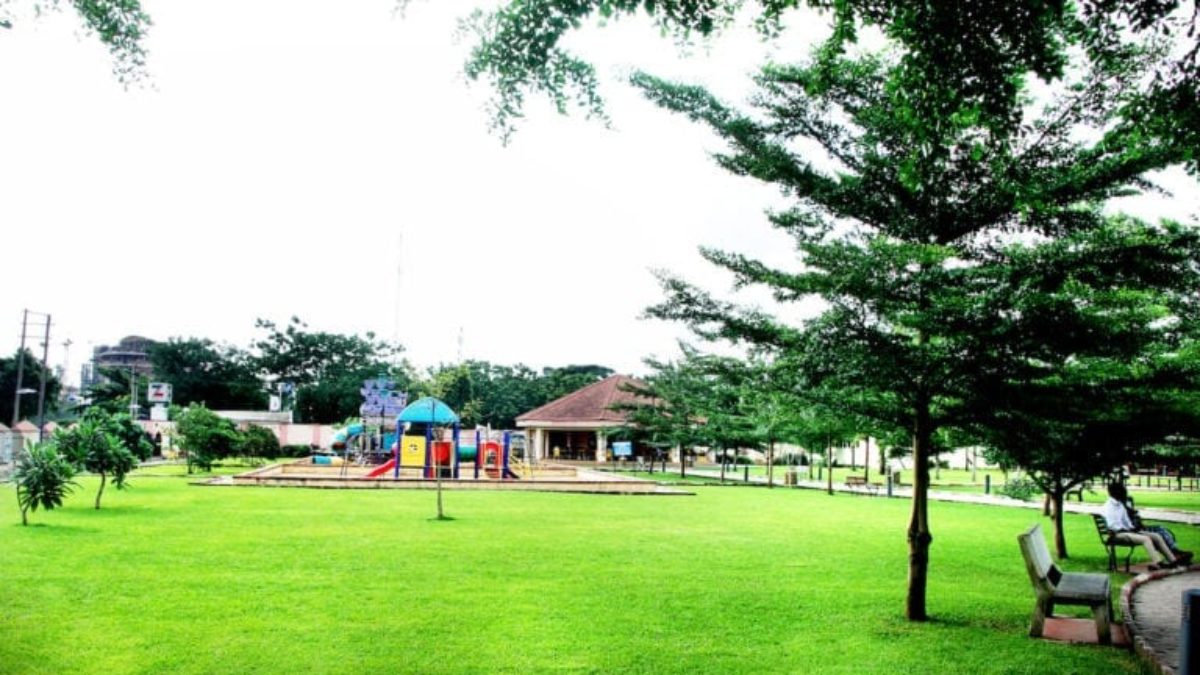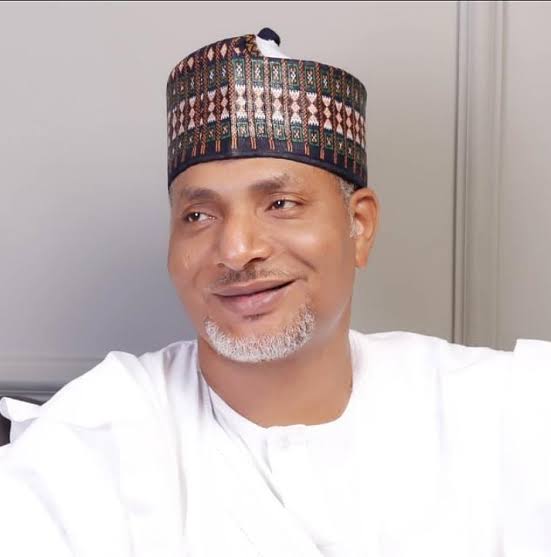BY GBENGA ONABANJO
In this second part, I will take a close look at the seven broad-based points in the first part of this article.
- Weak physical and urban planning schemes with poor implementation
Lagos is dominated by its system of islands, peninsulas, and lagoons. It is low lying and covers an area of 1,171m2. At inception, it was the seat of government as well as the state capital. It witnessed a huge infrastructural development programme in the early 1970s. The advent of the second republic, with Lateef Jakande at the helm of affairs, also witnessed some ambitious development programmes, including the aborted Metroline project.
The military intervention thereafter disrupted any meaningful and coordinated physical planning initiatives. This grew worse when the capital of the country was moved to Abuja.
Advertisement
The physical planning of the state did not utilise the advantage of the body of waters for transportation, agriculture or tourism. Lagos can easily be the Venice of Africa in tourism as well as the Amsterdam of Africa with its intermodal transport system. The zoning pattern has broken down with a mix of affluence and misery collocating within the same precinct. Schemes were not implemented as planned. The redesign and re-classification of certain areas within the state were not thought through and the implementations were rather abysmally carried out.
- Population explosion
Lagos currently houses about 22 million people. An estimated 77 people migrate to Lagos per hour from the other states of the country. It is estimated that if this trend is not adequately addressed, the population of Lagos could hit 75 million by 2100. There is a huge housing deficit, particularly for the low and medium-income earners. If the rural-urban migration is not curbed, the situation will certainly get worse as most areas are already overburdened with inadequate infrastructure. A federal government policy on population control will suffice at this time. The Lagos state government should begin a collaboration with neighbouring states by investing in those states to stem the influx of residents from there.
- Urbanisation ahead of development
The rate of urbanisation in the state is far ahead of its development. As the population grows and demographics change, new settlements should be established to accommodate this growth. However, with the poor economy, the settlements are allowed to grow organically without proper planning. New areas to cater for commerce, business, industries and residences have not been created. This has caused the residential neighbourhoods to be converted to commercial centres overnight. The physical and urban planning units of the state are seriously overstretched and are not able to cope with the rate of urbanisation. Perhaps the government should recruit more hands, deploy technology and enlist students in institutions of higher learning in the state as resource workers.
Advertisement
- Quality vs quantity
With the downturn in the economy in the last decade, coupled with the lack of a welfare system that guarantees the future of retirees, residents have resorted to investing heavily in real estate, which is the only investment to safeguard the future. Most structures located within low and medium density neighbourhoods are pulled down and replaced with multi-family and mixed-use development, significantly increasing the population density and overburdening the infrastructure. These structures usually defy planning laws and use up all available airspace without adequate provisions for parking. Beauty and aesthetics have been relegated to the background. It is only the bottom line that matters at this time.
- Weak monitoring and compliance mechanism
With the sprawling development all over the state, the government departments and agencies in charge lack the capacity to monitor development and enforce compliance of the physical planning. A ramp-up in personnel and strict penalties for defaults will go a long way in addressing this problem.
- Lack of political will to enforce and maintain discipline on environmental issues
The state has had a long-drawn battle with defaulters of environmental laws. At the inception of each administration, the law bares its fangs on defaulters. However, as soon as the election year approaches, the grip is released and the situation gets worse. This ought not to be so.
- Not nurturing and appreciating nature
During a previous administration, concerted efforts were made to green up Lagos. This looked like a miracle as areas that hitherto were refuse dumps and grossly unsightly were transformed into beautiful gardens. With the setting up of Lagos State Parks and Gardens, there was a significant improvement in the landscape of the state. The tide seemed to have changed after the tenure of that administration. Today, there is an urgent need to create more open spaces for sports, recreation and relaxation.
Advertisement
Although these suggestions may not be exhaustive in making Lagos emerge as a destination of choice for tourists, I believe their implementation will greatly improve its outlook.
Onabanjo is the founder of GO-Forte Foundation, an organisation dedicated to the restoration of the environment.
Views expressed by contributors are strictly personal and not of TheCable.
Add a comment






